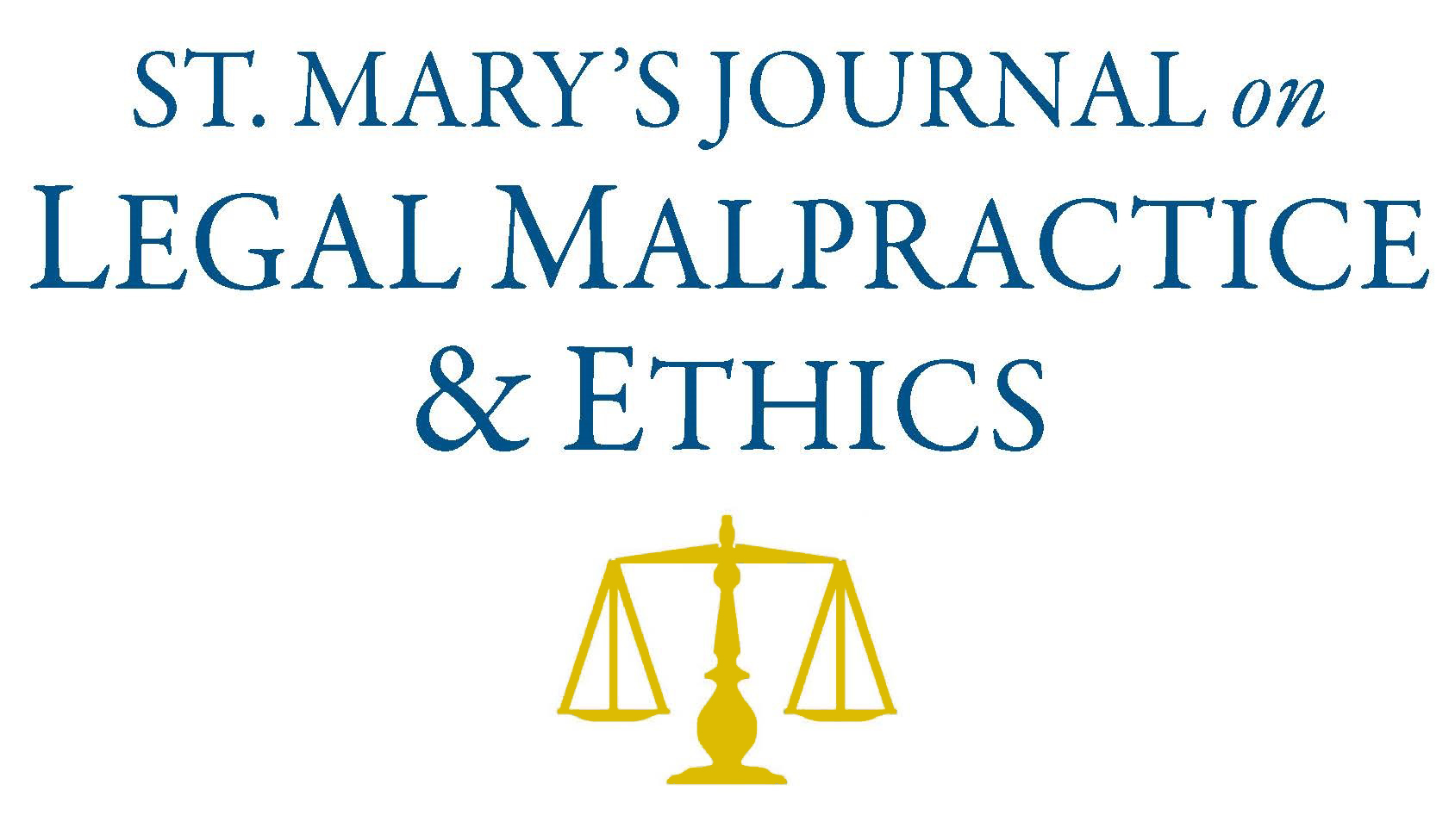Home > School of Law > LAWLIB > St. Mary's Law Journals > St. Mary's Journal on Legal Malpractice & Ethics > Vol. 7 (2018) > No. 2

First Page
376
Date Created
10-2017
Publisher
St. Mary's University School of Law
Editor
Marissa E. Olsen
Last Page
413
Abstract
There is no consensus for how the legal profession should treat a lawyer who has a conflict that arises from their time working as a law clerk while in law school. The majority of states allow a lawyer to be screened from participation if there is a conflict that arises from work they performed while still in law school. Nonetheless, not all states have adopted the Model Rules, and not all states that have adopted them accept and apply their rules uniformly. Clerkships are beneficial to both the student and the potential employer, and to limit these educational experiences due to fear of subsequent imputed disqualification would be a detriment to the legal community. No attorney–client relationship is formed as the legal clerk only owes a duty to the lawyer or firm they are working for. A lawyer and a clerk should not be treated in the same manner because they do not hold the same roles. It is necessary to implement a change in the ethical approach to a clerk’s conflicts of interest. One potential solution states could adopt is to permit a clerk to be screened in the same manner as a paralegal or legal assistant would. Consideration must be given to how a client would feel if they knew someone who had previously worked on their case was now working for the opposing law firm, and for this reason the ethics rules should be empathetic to a client’s legitimate concerns for a conflict of interest. A client “can waive a conflict of interest” claim, but that alone is not sufficient to eliminate the potential for disclosure of confidential information. Screening measures should be required in order to prevent disclosure of information and to provide a client with some ease as to whether or not information is being disclosed.
Recommended Citation
Haley, Daniel
(2017)
"Conflicts of Interest for Former Law Firm Clerks Turned Lawyers,"
St. Mary's Journal on Legal Malpractice & Ethics: Vol. 7
:
No.
2
, Article 14.
Available at:
https://commons.stmarytx.edu/lmej/vol7/iss2/14

